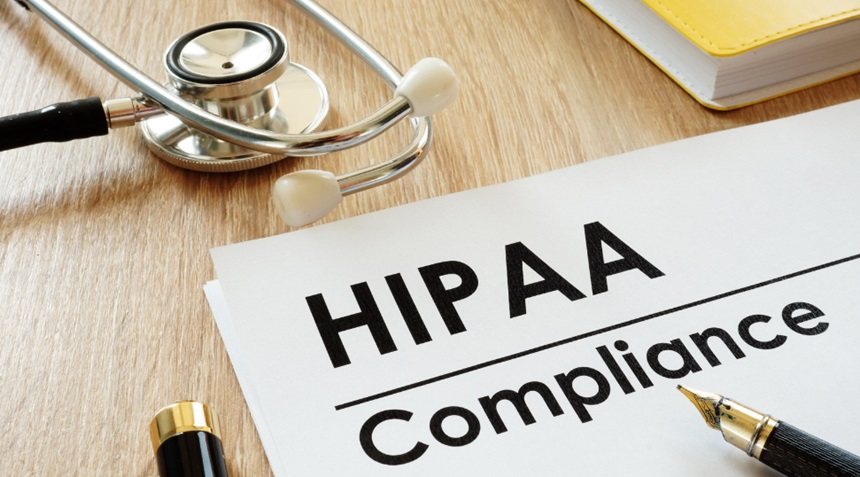In today’s healthcare landscape, maintaining HIPAA compliance across multiple locations can be a daunting task. HIPAA compliance software has emerged as a crucial tool for healthcare organizations to streamline their compliance efforts and ensure consistent adherence to regulatory requirements. This article explores how these software solutions help maintain compliance across various facilities and departments.
The Challenge of Multi-Location Compliance
Healthcare organizations with multiple locations face unique challenges in maintaining HIPAA compliance. Each facility may have different processes, systems, and staff, making it difficult to ensure consistent adherence to HIPAA regulations. Moreover, the sheer volume of patient data and the complexity of HIPAA rules can overwhelm even the most diligent healthcare providers.
Enter HIPAA Compliance Software
HIPAA compliance software offers a centralized platform for managing and monitoring compliance across all locations. These solutions provide a range of features designed to simplify the compliance process and reduce the risk of violations.
Centralized Policy Management
One of the key benefits of HIPAA compliance software is its ability to centralize policy management. Organizations can create, update, and distribute policies and procedures across all locations from a single platform. This ensures that all facilities are working with the most up-to-date information and reduces the risk of inconsistencies in policy implementation.
Risk Assessment and Management
HIPAA compliance software often includes tools for conducting risk assessments across multiple locations. These assessments help identify potential vulnerabilities in each facility’s data protection practices. The software can then generate reports and action plans to address these risks, ensuring a consistent approach to risk management across the organization.
Training and Education
Maintaining a well-trained workforce is crucial for HIPAA compliance. Many HIPAA compliance software solutions include training modules that can be easily deployed across multiple locations. These modules often track employee progress and completion, allowing organizations to ensure that all staff members receive the necessary training, regardless of their location.
Incident Tracking and Reporting
In the event of a data breach or other HIPAA violation, quick and consistent reporting is essential. HIPAA compliance software provides tools for tracking and reporting incidents across all locations. This centralized approach ensures that all facilities follow the same protocols for incident response and reporting, reducing the risk of non-compliance.
To further streamline your HIPAA compliance efforts, consider exploring more about HIPAA compliance software and how it can support your organization in managing compliance across multiple locations.
The Benefits of Standardization
By implementing HIPAA compliance software across multiple locations, healthcare organizations can achieve a higher level of standardization in their compliance efforts. This standardization offers several benefits:
- Improved efficiency in compliance management
- Reduced risk of inconsistencies and oversights
- Enhanced ability to demonstrate compliance during audits
- Easier identification and resolution of compliance issues
Future Trends in HIPAA Compliance Software
As technology continues to evolve, HIPAA compliance software is likely to incorporate more advanced features. Artificial intelligence and machine learning may play a larger role in identifying potential compliance risks and suggesting proactive measures. Additionally, integration with other healthcare systems and improved mobile accessibility will further enhance the software’s ability to support multi-location compliance efforts.
Conclusion
HIPAA compliance software has become an indispensable tool for healthcare organizations managing compliance across multiple locations. By offering centralized policy management, risk assessment tools, training capabilities, and incident tracking features, these solutions help ensure consistent adherence to HIPAA regulations. For a detailed look at how HIPAA software can simplify your compliance efforts, check out this article. As the healthcare landscape continues to evolve, HIPAA compliance software will play an increasingly important role in protecting patient data and maintaining regulatory compliance.


Comments are closed.